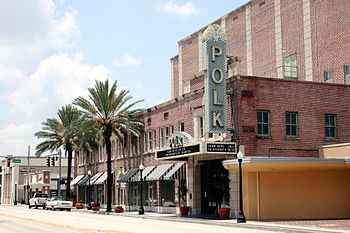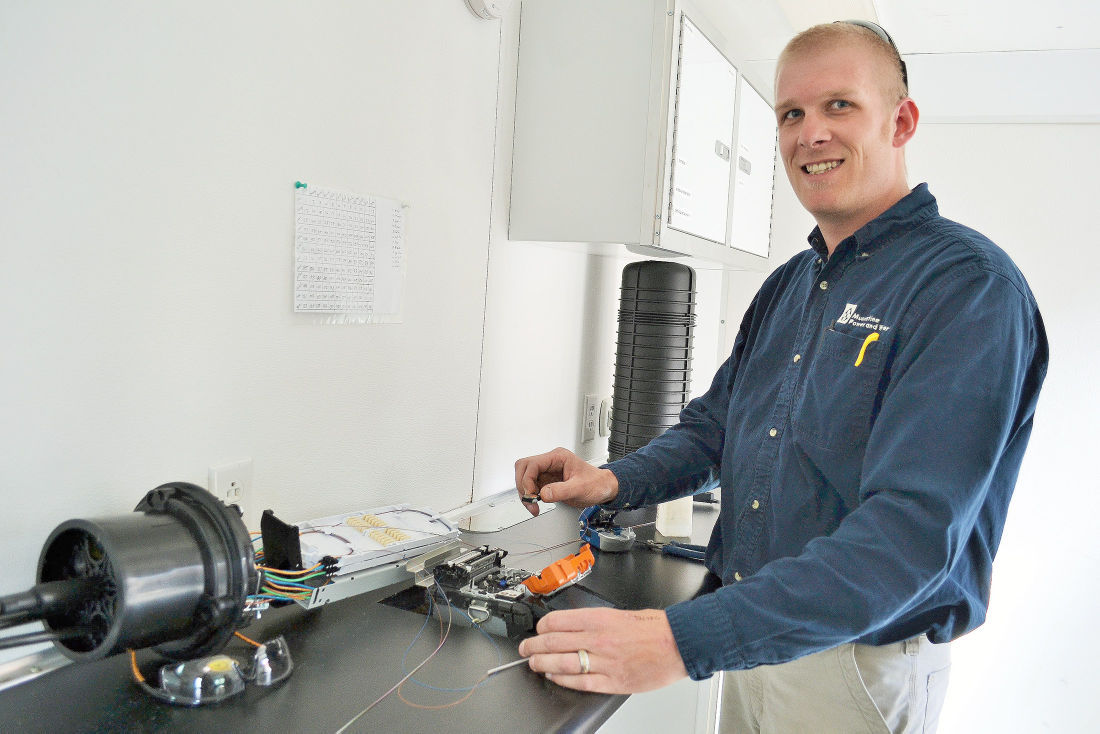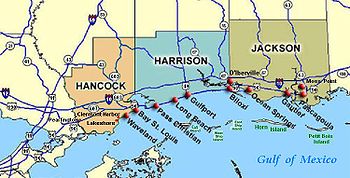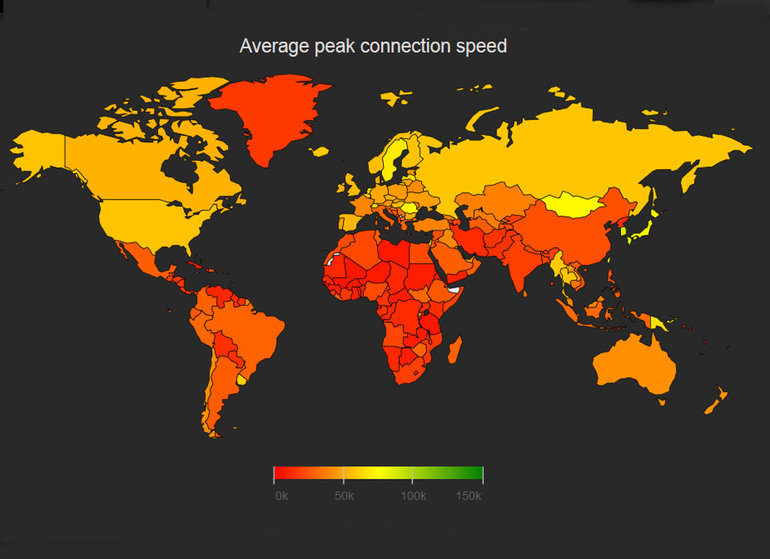The city is actually building infrastructure and not becoming a service provider. They will offer access to other service providers.
Lightwave Staff
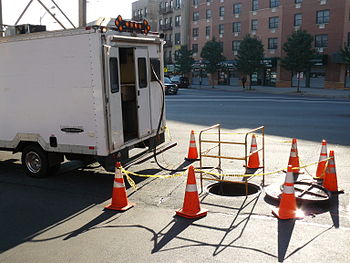
English: A fiber optic splice lab being used to access underground fiber optic cables for splicing. (Photo credit: Wikipedia)
The city council of Fairlawn, OH, approved four ordinances on April 4 that will kick start the launch of FairlawnGig, a municipal broadband project. Through a combination of wireless and fiber-optic network infrastructure, the project aims to make gigabit broadband services available to all residents and businesses in Fairlawn, as well as to the Akron-Fairlawn-Bath Township Joint Economic Development District (JEDD).
The votes came after the completion of an RFP process that explored the feasibility of the project as well as potential partners. The city plans to have Fujitsu Network Communications, Inc. design, build, operate, and maintain the fiber to the premises (FTTP) and wireless networks. Extra Mile Fiber, LLC, of Dayton, OH, will serve as FairlawnGig’s anchor service provider. Continue reading





